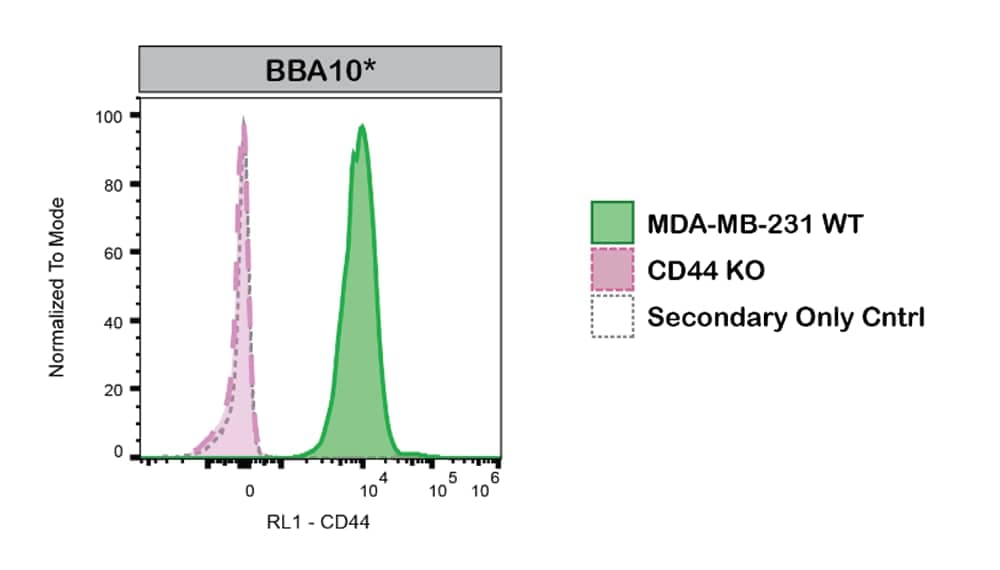Controversial Social Media Post Sparks Debate on Immigration in Denmark

A recent social media post by Jonatan Pallesen, a Copenhagen-based statistical geneticist, has ignited public discussion regarding the experiences of immigrants in Denmark. The tweet, shared on August 28, 2025, made broad generalizations about the behavior of "Muslim / African immigrants" in Copenhagen, alleging they "make life worse for Danes in countless ways" beyond violent crime. Pallesen, known for his views on immigration and demographics, stated, "I don't even have to read the comments to know that this was the case in this story too.
The post specifically claimed that anti-social behavior observed in public spaces, such as loud music on trains, inappropriate touching on public transport, and pushing into subways, is "almost always a Muslim / African immigrant." Pallesen, who holds a PhD in statistical genetics and whose online analyses reportedly reach millions of views, has previously faced criticism for collaborating with scholars associated with eugenics and for making inflammatory statements on immigration.
Official statistics from sources like Statistics Denmark and the Danish Ministry of Immigration and Integration provide a broader context to the discussion around immigration. As of January 1, 2024, immigrants and their descendants constitute 16% of Denmark's total population, with 10% originating from non-Western countries. Key countries of origin for immigrants and descendants include Turkey, Poland, Romania, Syria, and Ukraine, reflecting diverse migratory patterns.
While studies indicate that immigrants and descendants are statistically over-represented in crime figures, particularly concerning property and violent offenses, these statistics are complex and often adjusted for demographic factors like age. For instance, a 2016 report noted that the crime rate for non-Western male migrants was approximately 2.5 times that of the general male population when age was accounted for. Danish authorities have implemented increasingly strict immigration and integration policies, including measures aimed at preventing "parallel societies" in certain residential areas, a policy that has drawn criticism from UN human rights experts.
The employment landscape for immigrants also varies, with official data from November 2022 showing an employment rate of 66% for non-Western immigrants and descendants, compared to 76% for Western immigrants and descendants, and 83% for persons of Danish origin. Despite these differences, there has been a positive trend in employment rates for non-Western immigrants over recent years. The controversial tweet underscores ongoing tensions and differing perspectives within Danish society regarding immigration and its societal impacts.